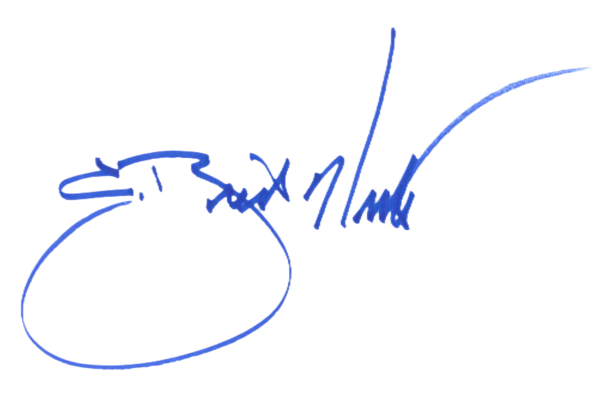The average driver in Tennessee will expect their car insurance to take care of them after a crash. You may well be one of those individuals. After all, you pay for good coverage and constantly see or hear insurance company advertisements bragging about how quickly they pay claims and how friendly they are to their policyholders.
Some people find that their insurance policy won’t have any bearing on a crash. There are circumstances in which your coverage can help you and circumstances in which it will not play a role at all.
When does your policy protect you after a car crash?
When you caused the wreck
The most important way that your policy protects you is by limiting your liability for a crash. Your policy can pay to repair or even replace the other vehicle involved and reimburse someone hurt in a wreck for lost wages and their hospital bills.
The more liability insurance you carry, the less likely it will be that the costs from a crash leave you with any degree of personal financial liability to the other people involved.
When the other driver doesn’t have insurance or doesn’t carry enough
Your policy is usually only helpful when you are at fault. When the other driver is the one who causes the wreck, their policy pays. If your medical bills are more than $25,000 or your vehicle damage causes bills exceeding $15,000, the other driver’s policy may not be enough.
Supplemental coverage beyond just liability insurance can help you after a crash that you did not cause. Collision, comprehensive and uninsured/underinsured motorist protection can help pay your bills and repair your vehicle when another driver has lapsed insurance or low coverage given the extent of the damage they caused.
When you experience a hit-and-run
Sometimes, the person who causes a crash will speed off from the scene of the wreck, likely in an attempt to avoid responsibility. If the police cannot locate that other driver, you will not be able to make a claim against their insurance at all. In such a situation, extra coverage like your uninsured motorist protection will protect you just as it would if the driver at fault let their policy lapse.
Regardless of whose insurance pays, you will need to familiarize yourself with the amount of coverage available and determine the financial consequences of the wreck. Learning more about insurance and personal injury claims can help you manage the fallout of a Tennessee car crash.


